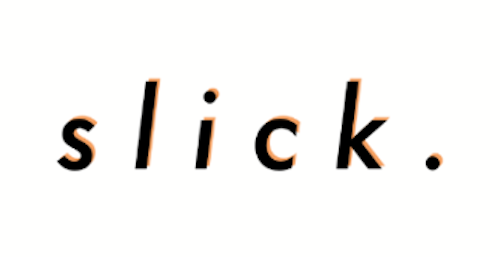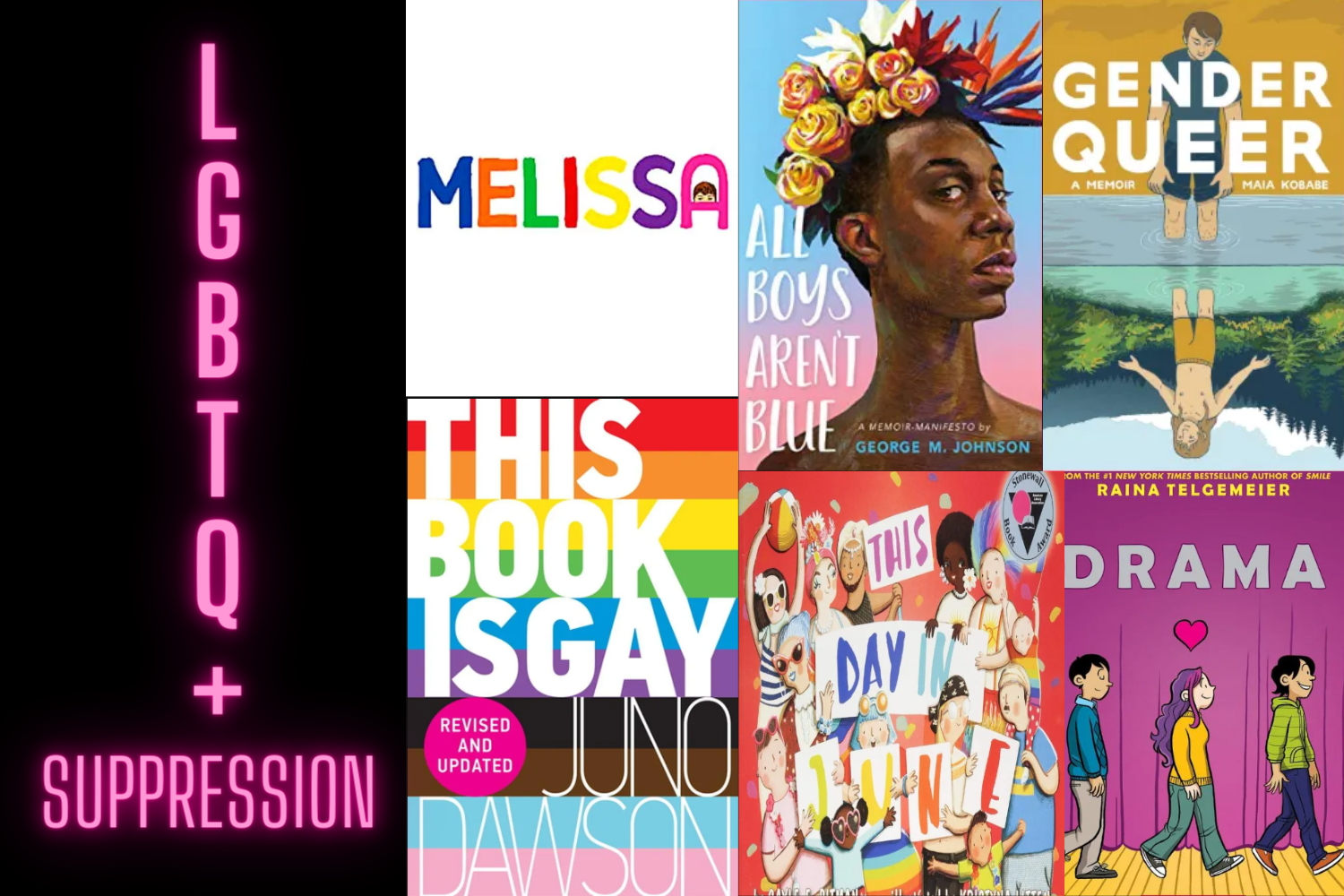Your donation will support the student journalists of Huntington Beach High School. Your contribution will allow us to cover our annual website hosting costs.
Thank you for supporting our program!
Fighting for LGBTQ+ Literature
May 25, 2023
Why is LGBTQ+ literature so important?
One of the best ways to lose bigoted and hateful ideologies is to expose readers to new experiences that will widen their knowledge of marginalized groups. The idea of promoting diversity would be more widespread if the books and media of these marginalized groups weren’t suppressed and pushed away. Books containing LGBTQ+ plots or characters can reflect many who may not be able to express themselves in society and give people an opportunity to learn about the LGBTQ+ community. This can be incredibly influential in schooling systems where kids of different backgrounds and ages can be taught about gender and sexuality inclusivity. Unfortunately, many school districts and different state governments have issues with LGBTQ+ literature and have named many powerful examples of LGBTQIA+ literature “banned books.”
States Banning LGBTQ+ Books:
States known as “red” states have made it an objective to ban and suppress many books that have an LGBTQ+ narrative. “Pen America 100″ created an index of every state and the number of books banned in them. Texas topped the list with a banned book range of 751-1000 books throughout 2021 and 2022. Florida follows as second with 501-750 books banned, and to round off the top three, Pennsylvania and Tennessee both had an estimated book ban of 251-500.
On a larger scale, book bans have occurred across 138 school districts that span over 32 states. That is around 4 million students being denied access to the uniqueness and knowledge of the LGBTQ+ community.
Following the same index, it is reported that the main subject matter that takes up 41% of the banned books are ones with LGBTQ+ themes. Hence, these books take the brunt of the suppression.
The Implications:
These inclusive and informative books can be an outlet for many LGBTQ+ youth and adults. However, when these themes are banned it does not just affect the people trying to read these books, it affects the people trying to make them.
In an interview with School Library Journal, “SLJ” trans author Alex Gino (they/them) said, “As a trans person writing about another trans person, when [the main character] Melissa’s story is challenged, someone is saying that my existence is too scary, too deviant, too monstrous, to show to children.”
This badge of honor for creating such notable pieces of literature is simply ripped away from the people who worked extremely hard to get such notoriety. This could affect up-and-coming authors, causing them to deviate from these themes because of these bans, which suppress people from the LGBTQ+ community.
Nastasia Nastic (she/they) a senior at Huntington Beach High School (HBHS) and a local LGBTQ+ activist said, “Most of the time, authors who write about their queerness, are silenced and this forces them to work twice as hard to get their voice heard.”
Not giving these authors proper credit affects their ability to spread their literature to a broader audience. Without spreading the stories of these individuals, we are limiting society’s growth as a whole.
Societal Impacts:
The focus that many states have put on the suppression and dehumanization of the LGBTQ+ community has diverted this much-needed attention away from issues relating to topics such as gun control. Many states have chosen to focus their attention on the prevention of LGBTQ+ ideas blending within the schooling system. However, the United States is plagued by school shootings in every state. Therefore, the trend that seems to be most prevalent is that school shootings have been most predominantly taking place in recent years, and perhaps could correlate in states that choose to focus on areas like banning LGBTQ+ literature rather than gun control.
Recently the LGBTQ+ community has been in turmoil due to the lack of gun control bills. This is most prevalent in Nashville, where a recent shooter was transgender, and thus because of this, it stirred the attention away from advocacy regarding gun control. Rather, some officials took it as an opportunity to marginalize trans people.
In 2022, “Education Week” indexed 51 school shootings, where the index was last updated on December 31, 2022. Across 51 school shootings, a combined number of injured and killed people at 140, the majority being students. Out of this index, the largest school shooting was the one that occurred at a Uvalde Texas elementary school. Moreover, Texas is the state that has chosen to focus on the rights of LGBTQ+ people rather than gun control. Additionally, the focus of the Texas government has not seemed to shift their stance on gun control after these events, as recently as February of 2023, “The Dallas Morning News” reported Texas Gov. Abbott promised to pass a ban on transgender college athletes.
This showcases the harmful ramifications of neglecting and disrespecting LGBTQ+ voices and is further demonstrative of how this affects not only this community but society as well.
Now in 2023, “Education Week” has logged 19 school shootings; the last update was May 09, 2023. There have been a combined total of 30 injured and killed with the majority still leaning toward the students. In this index, the largest shooting occurred at the covenant school in Nashville, Tennessee, which killed six and left one injured. As with Texas, the government of Tennessee does not seem to be shifting its view toward gun control and still focuses on the discrimination of the LGBTQ+ community.
As of March 2023, the Tennessee Senate passed the bill SB 1440. This bill codifies how the state defines “sex,” which then subjects transgender people to more laws that are against the change in gender, and also makes it so transgender people are not covered by the nondiscrimination laws in the state. However, this trend is not surprising, since 2015 Tennessee has put 14 anti-LGBTQ+ laws in place.
This disgusting trend amongst states may not see an end because so far there have been more than 417 anti-LGBTQ+ laws across the United States as recorded by “CNN.” More than 100 of those bills prohibit trans youth from obtaining proper help or medical necessities.
How and why people should advocate for LGBTQ+ Literature:
There are many ways that people could advocate for the LGBTQ+ community.
Nastic added, “I think the best thing people can do is continue to push against these new bans. Additionally, I think speaking out against this is super important especially in conservative states so that legislators know the voice of the people and it won’t be ignored.” Speaking up for yourself or others in the LGBTQ+ community will strengthen the bond the community has created. Being able to attack LGBTQ+ suppresion will open the flood gates for the youth that now live in a time where they feel most comfortable to be who they truley are. Fighting against supression will also alow a new wave of school kids who are more exposed to this community where they are less likely to build up hatefull ideology. Moreover, the more the fundamental rights of the LGBTQ+ community are protected and secured, the less likely state governments will be able to deflect the blame of things like school shootings on the few that commit them in this community.
After considering the harmful ramifications of limiting the voices of LGBTQ+ individuals, there is no reason that LGBTQ+ literature should be suppressed. The tool that many of these people use as an outlet to express themselves may continue to be taken away by the bigoted rhetoric of certain government officials.
As a community, we can only continue to fight for the rights that the Constitution of the United States promises every American citizen, and if the oppression of the LGBTQ+ community continues, so will the heroic activism of its members.

